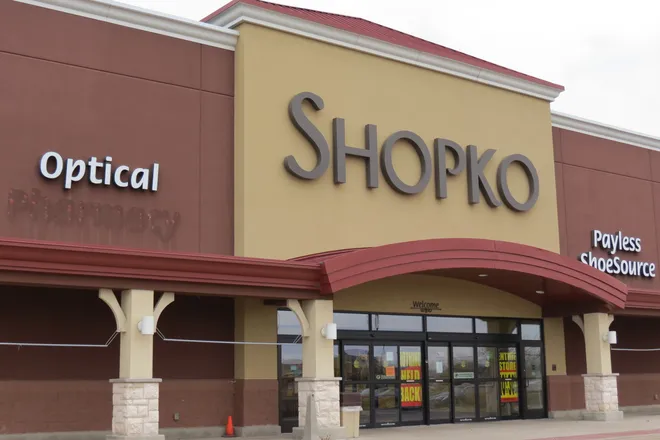
The fallout of Private Equity’s poor retail management will be shouldered by workers
November 23, 2022
Amid pandemic closures, supply chain disruptions, and record inflation, the resilience of American retail will be tested this Black Friday.
Typically, Black Friday marks the start of the holiday shopping season and is the single busiest shopping day of the year. For department stores and specialty retailers, the holiday season can account for up to a quarter of all annual sales. This year, retailers will have to navigate the past couple of years’ pandemic closures and supply chain issues, as well as the recent effects of inflation. Private equity companies have invested in retail despite the high risks associated with the market. These management firms may be able to profit even when their retail properties struggle or go bankrupt.
With increased financial risks, some retailers are cutting costs by closing stores and cutting staff. Retailers nationwide are expected to hire 20,000 fewer seasonal employees this year compared to 2021. This strategy expects fewer workers to produce at a faster rate, increasing workload and worsening work conditions. Other retailers like Bed, Bath, and Beyond have planned large-scale store closures ahead of the holiday season, leading to mass layoffs.
Passing the burden of financial hardship onto workers is common practice for private equity retail owners. When private equity is left to manage struggling retail companies, the result can be bankruptcies and devastating layoffs. These managing firms may squeeze as much profit out of a company as possible, extract dividends and take on debt, and then push the least valuable properties into bankruptcy.
In 2019, workers at a department store in Wisconsin saw this exact pattern play out. 1,715 ShopKo department store employees were laid off when the company filed for bankruptcy under Sun Capital Partners’ management. The initial layoffs were part of a strategy of shutting down less profitable stores as the company sought a buyer or investor to help it survive bankruptcy. When that effort failed, Shopko pivoted to liquidation and closed all of its stores. While the ShopKo employees faced the devastating hardships of a layoff, its private equity parent company Sun Capital pocketed $842 million in gross profits across its portfolio in 2019 and extracted $67 million in dividends from ShopKo from 2015 until its bankruptcy.
The ShopKo case in Wisconsin is not unique. Private equity companies have a higher-than-average tendency to buy up companies and lay off employees whenever they need to cut costs. In Wisconsin, for example, private equity-owned companies have accounted for 7.0%-9.0% of Wisconsin’s private sector workforce in recent years, but they have accounted for around 21.43% of WARN Act layoffs. The financial uncertainty of this upcoming holiday season will likely worsen this pattern.
In addition to store closures and layoffs, many private equity-owned retailers may move to cut costs by employing fewer seasonal employees – forcing workers to work longer and harder hours.
Retail firms may implement these cost-cutting measures ahead of the holidays, even though experts expect revenue to grow year over year, but at a slower rate than years prior. Total US holiday season retail sales are expected to reach $1.3 billion from $1.2 billion last year. Notably, the national average for seasonal retail sales associates is $15.08an hour, and roughly half a million people rely on seasonal retail jobs.
Regardless of how Americans spend this holiday season, private equity companies will be able to extract a profit by placing all financial burden on workers already dealing with inflation and historical cost of living increases. Private equity should be using its financial strength to help its businesses grow, to help workers, and to truly invest in the market. Instead, they squeeze retail companies out of as much profit as they can at the expense of their employees.
